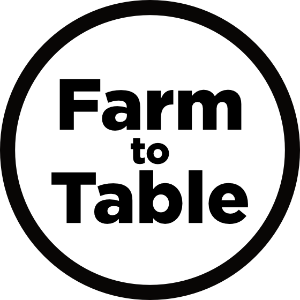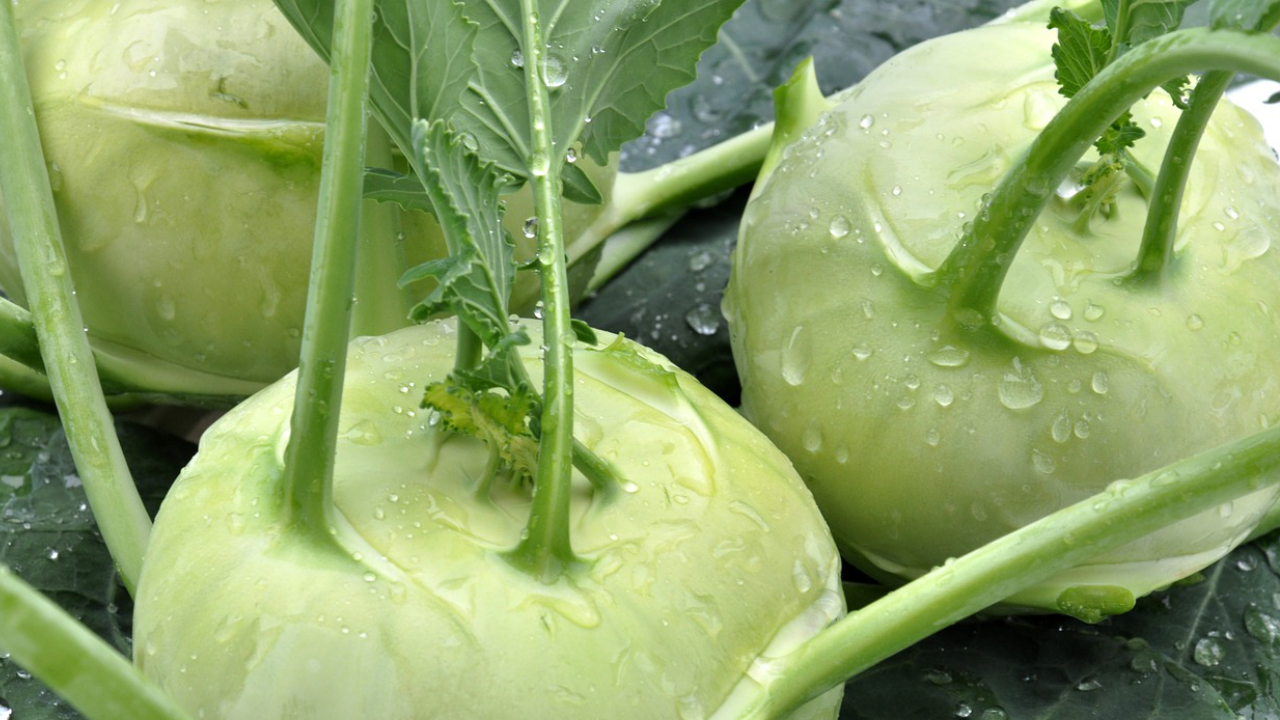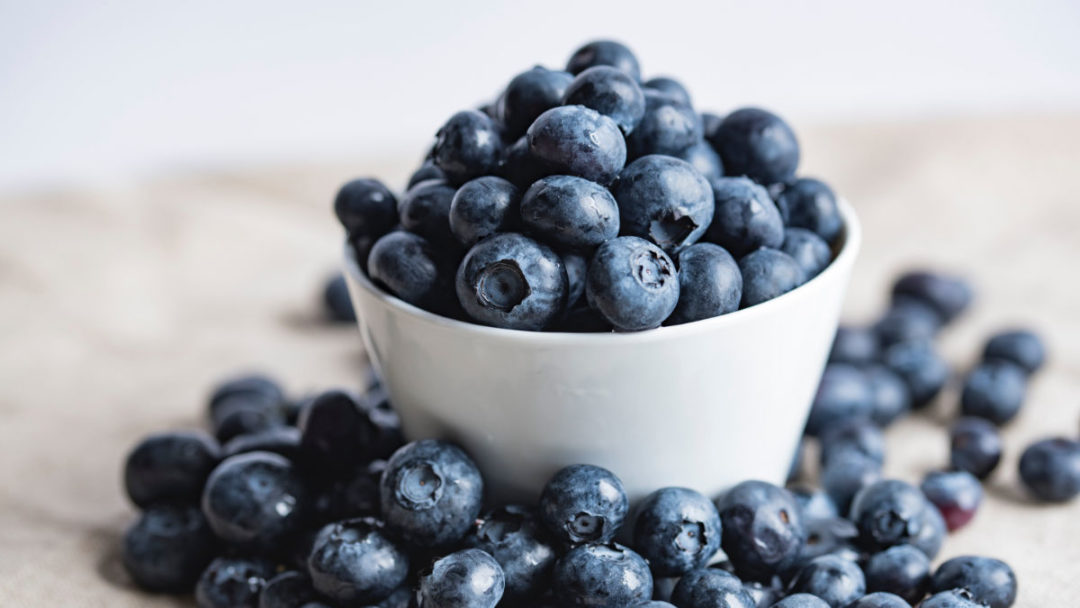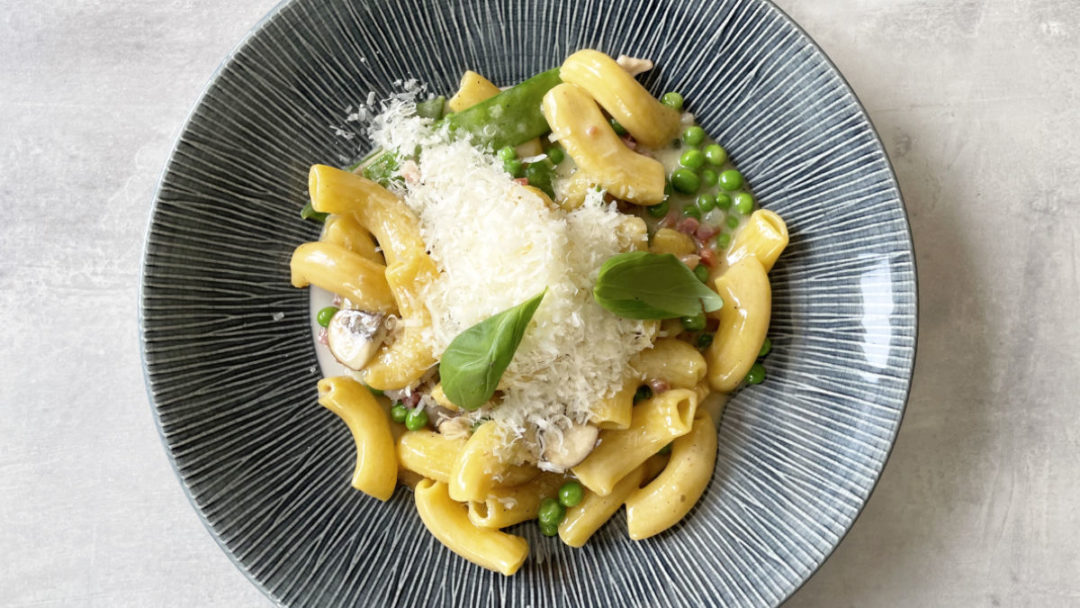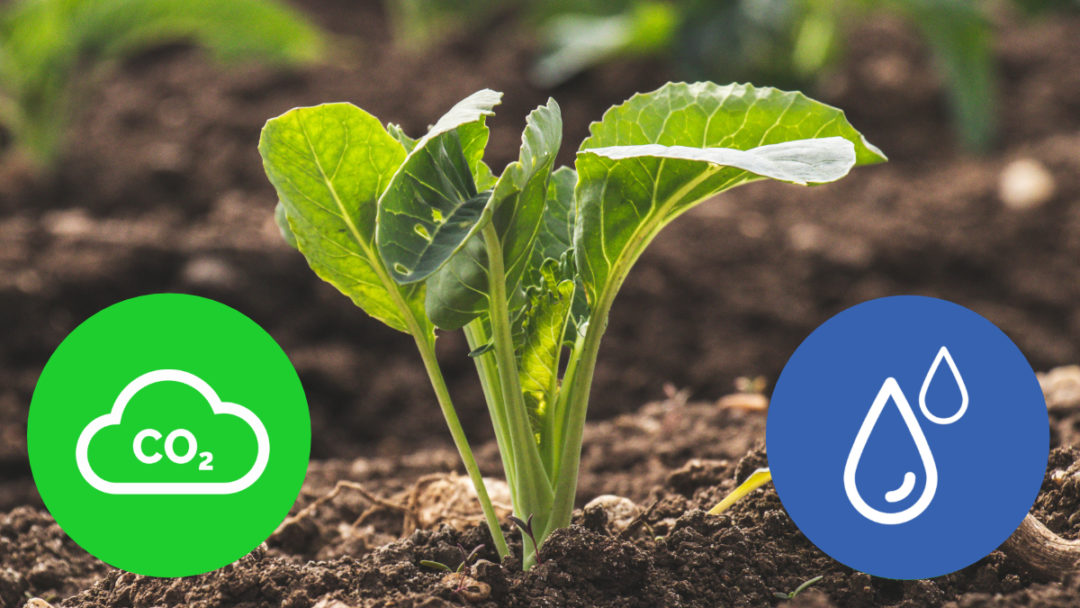Kohlrabi represent a very valuable source of vitamin C, especially when consumed raw. The bloating effects of kohlrabi can be reduced by steaming or boiling, and adding savory, fresh marjoram, or bay leaf to the dish.
You might not even realize that the leaves of young kohlrabi are equally significant, as they contain a considerable amount of vitamin C and also contain carotenoids.
They even contain more iron than lettuce or spinach. Therefore, it is worthwhile to use young kohlrabi leaves when preparing vegetable dishes. You can add them to salads, or briefly blanch them and use them just like young spinach. You won’t go wrong if you add steamed kohlrabi along with young leaves to roasted pork. Kohlrabi is also a very suitable part of a keto diet, as it is really low in calories.
Kohlrabi also contains plenty of alkaline minerals. These include, for example, potassium, calcium, phosphorus, iron, and magnesium. The presence of vitamin B is also important.
